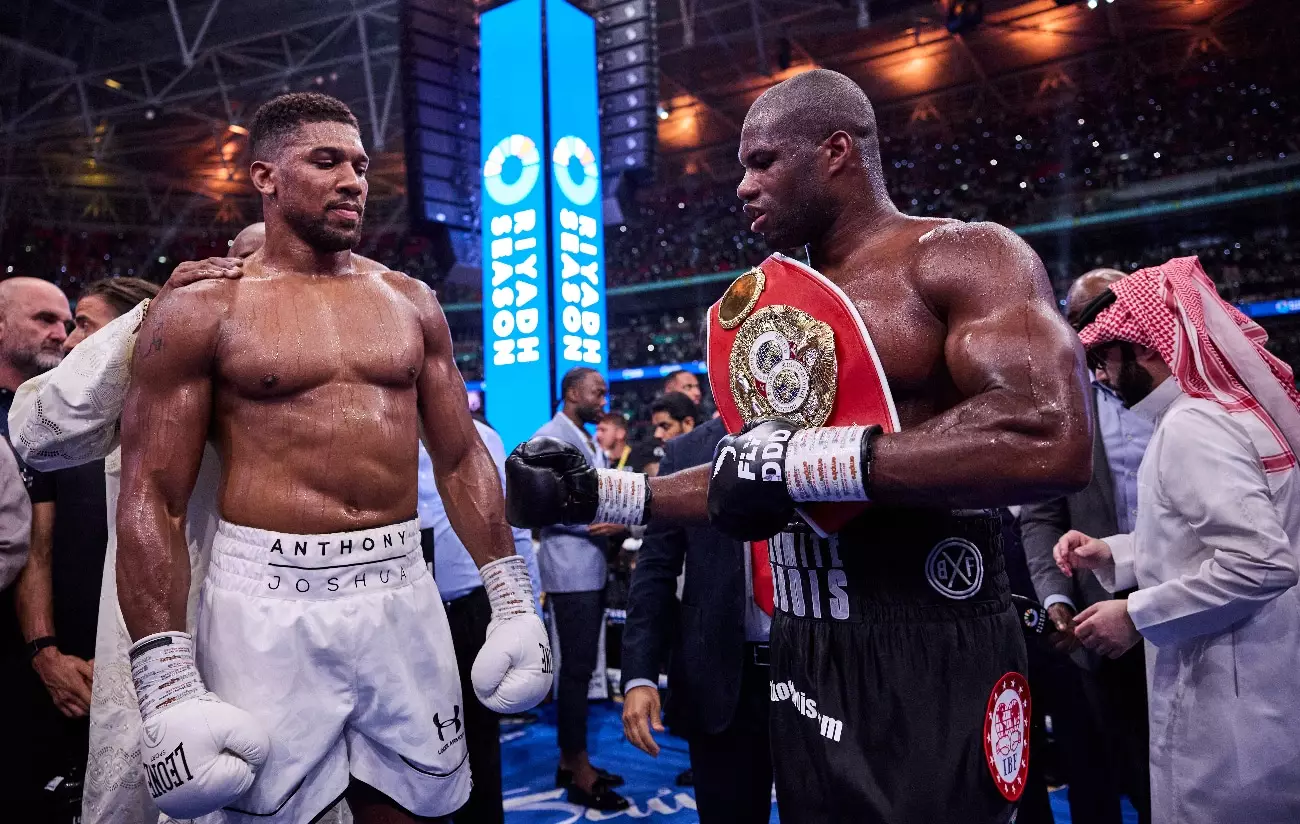After his recent setback against Daniel Dubois, Anthony Joshua remains resolute about his boxing career. Despite the fifth-round knockout that cost him a chance at the IBF title, Joshua has expressed a strong desire to continue competing at the highest level. The former two-time heavyweight champion conveyed optimism through social media, indicating that his aspiration to reclaim heavyweight glory is far from extinguished. He strongly believes that there is still “a lot more” he can offer to the sport, dispelling any notions of retirement following this defeat.
The fight held at Wembley Stadium was a significant moment in Joshua’s career, one that has implications beyond just the loss of a title. Joshua attributes the defeat to his aggressive strategy, particularly his attempt to secure a knockout in the fifth round. This reflection can be seen as a pivotal learning experience; he recognizes that every fight is not just about power but also about strategy, patience, and adaptability in the ring. The importance of these tactical adjustments is crucial for any athlete looking to succeed at the elite level, especially in a sport as unforgiving as boxing.
Fans are left speculating whether Joshua will invoke his rematch clause to challenge Dubois anew. This decision bears significant consequences, as a second loss could further mar his legacy and diminish his marketability for future bouts. However, if Joshua decides against this route, he could pivot towards a highly anticipated showdown with Tyson Fury. The clash between these two British heavyweights has been a topic of discussion for years, and with Fury’s scheduled rematch against Oleksandr Usyk in December, the timing could be ripe for Joshua to position himself for this blockbuster event—regardless of the outcome of Fury’s next fight.
The commercial viability of a Joshua vs. Fury bout cannot be overlooked. Turki Alalshikh, a significant figure in the promotion of boxing matches in the region, has already stated a desire to see this fight realized. Even if both fighters are not at their peak, there remains a strong market for such a clash, particularly in the UK, where fans demonstrate a willingness to support their fighters through ups and downs. This could suggest a transitional phase in Joshua’s career, where legacy-building may be traded for lucrative opportunities.
As Joshua navigates this pivotal moment, his resilience and adaptability will be tested. The heavyweight division is notorious for its unpredictability, and the fighters must constantly evolve to remain relevant. Whether he chooses to pursue a rematch with Dubois or set his sights on a lucrative bout with Fury, Joshua’s next move is crucial for his career. For fans and analysts alike, the journey of Anthony Joshua serves as a testament to the relentless spirit of champions in the face of adversity, embodying the essence of what it means to compete at such a high level. The future may be uncertain, but one thing is clear: Anthony Joshua is far from done.

